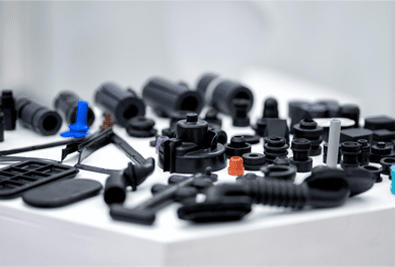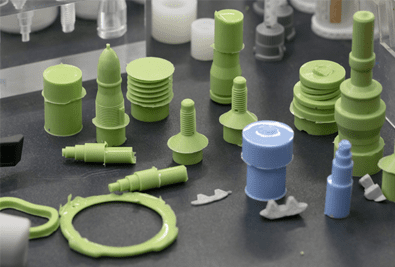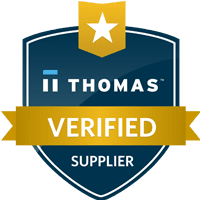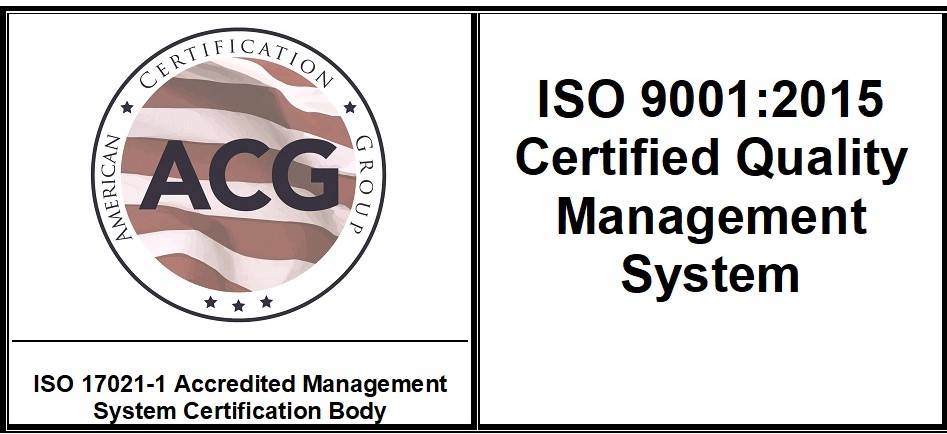Advanced Prototype Molding provides exceptional custom mold manufacturing services used in rapidly producing various components for different industries. Our in-house facility is fully equipped with cutting-edge technology to create metal, thermoplastic, and elastomer molds. It's the ideal service to create a customized solution for your project's needs.
Our team has years of combined experience in various molding techniques, allowing us to manufacture a mold that fits your unique requirements and specifications. In addition, we collaborate with you every step of the way to create a result that will meet your expectations to reach customer success.
A mold is used in various molding processes to create a finished product. It's a hollowed-out form, typically made from aluminum, steel, plastic, rubber, or any other material that can withstand molding.
A molten substance, such as thermoplastics, is poured or forced into a mold, which is then cooled off to harden. With the help of a mold, manufacturers can quickly produce large volume parts and components precisely while ensuring their quality is the same.

Custom injection molding is a manufacturing process where parts are produced in larger volumes with a quick turnaround time. Here, molten materials are injected into the mold. The most common materials used in this molding technique are thermoplastics or thermosetting polymers.
Two-part mold systems are used to create the finished product in compression molding. The molding material is preheated and placed in an open cavity heated with continuous pressure. After the molding material has been cured, it is removed and cooled off to complete the process.
RTV or Room Temperature Vulcanization molding is another technique known as resin casting or silicone molding. Custom mold products are created to manufacture products for prototyping or short-run productions quickly.
Also known as roto molding, this unique process is ideal for creating hollowed materials without the pressure involved. The custom molds for this manufacturing process are inexpensive since they don't need to withstand high amounts of pressure.
We utilize different metals to create the right custom molds. For instance, rotational, compression, and injection molding techniques require molds made from metal or epoxy. These are expensive but are very durable, especially in full production runs.
Two common materials used in custom mold making:
Before the manufacturing stage, APM also offers prototyping and testing of the custom mold to ensure that they meet the characteristics you're looking for. These are also ideal for instances where durability isn't a concern. It's best to start here before choosing a more durable option.
If you have any questions or concerns about our products and services, don't hesitate to contact us today. You may also request a quote, and we'll send some estimates for your projects. Reach out now, and we can find a solution for your different production issues.

Advanced Prototype Molding offers tooling and production for the following processes:
When you consult with APM about your project, you benefit from our broad experience that allows us to match our extensive capabilities to your individual needs. The initial design consultation is free, and we provide guidance throughout the production process to ensure that you receive exactly the product you've envisioned. We also have extensive experience in additional processes such as CNC machining, and we can steer you toward the optimal process or processes for your project.
Whether you need a rapid mold prototype or a finished production run, APM has the skills and experience to guarantee superior results. We offer specialty tooling, custom casts, and full production runs for all manner of rubber, metal, and plastic products, and we strive to meet the needs of clients across industries. To learn more about whether our capabilities are right for you, contact our team, or request a quote to get started.



ADVANCED PROTOTYPE MOLDING
1520 N Old Rand Road Wauconda, IL 60084
Tel: 847-202-4200
Fax: 847-202-4270
sales@advancedprototype.com

ADVANCED PROTOTYPE MOLDING
1520 N Old Rand Road Wauconda, IL 60084
Tel: 847-202-4200
Fax: 847-202-4270
sales@advancedprototype.com